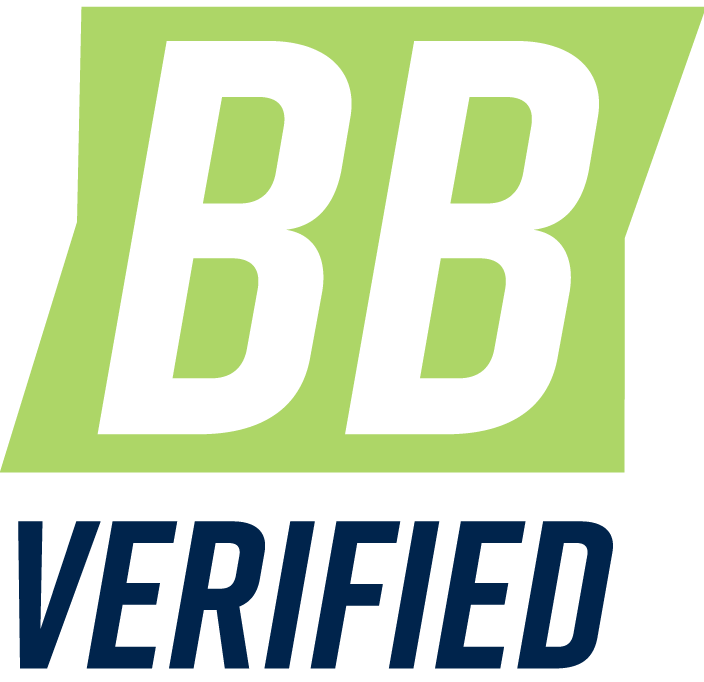Tax Software vs. Accountant: Which is the Best Choice for You?
Written by: Better Buyer
When it comes to filing your taxes, you have two primary options: using tax software or hiring a professional accountant. Each method offers distinct advantages based on your financial situation. While tax software is generally more cost-effective and ideal for simple returns, accountants offer personalized advice and expertise, especially for complex finances. Choosing the right option depends on factors like the complexity of your income, deductions, and your comfort level with handling taxes independently. Understanding the pros and cons of each can help you make an informed decision tailored to your needs.

Tax Filing Basics
The tax filing deadline typically falls on April 15, with extensions available if requested through IRS Form 4868. Taxpayers can either use tax software or hire an accountant to file their returns. Tax software is convenient for straightforward returns and allows for quick e-filing, which reduces processing times and errors. On the other hand, an accountant can offer personalized guidance, especially for complex tax situations like owning a business or managing multiple income streams.
The IRS strongly recommends e-filing for faster processing and to reduce errors, as electronic submissions are more reliable and quicker than paper forms. If you choose to e-file and need more time, you can request a six-month extension, but you must still estimate and pay any taxes owed by the original deadline to avoid penalties and interest.
Pros and Cons of Using Tax Software
Tax software is a cost-effective solution for filing simple returns, often cheaper than hiring an accountant. It allows for fast filing, with uncomplicated returns typically completed within a few hours. Most platforms are user-friendly and guide taxpayers through standard deductions. Many modern tax software options also include AI features that automatically detect eligible deductions, minimizing errors.
However, tax software may fall short for more complex tax situations, as it lacks personalized support. Limited customer service can make resolving detailed tax questions challenging, and the software relies on accurate user inputs, increasing the risk of error. For those unfamiliar with tax laws or facing unique financial circumstances, mistakes could lead to penalties or missed deductions, ultimately reducing potential savings. This makes tax software less ideal for people with complicated returns, such as business owners or investors, who would benefit more from professional guidance.
When Should You Choose a Professional Accountant?
Hiring a professional accountant is ideal for complex tax situations, such as multiple income streams, business ownership, or significant investments. Accountants provide tailored advice, helping identify tax-saving opportunities and ensuring compliance with tax laws. Their expertise can be invaluable, offering strategies that may reduce your tax burden. Additionally, accountants save you time by handling research, paperwork, and filing, making them a great choice when your return requires detailed attention. For complicated returns, an accountant's guidance can prevent costly mistakes and optimize your financial outcome.
The Cost Comparison: Software vs. Accountant
Tax software offers a range of pricing tiers, from free basic versions to premium packages for more advanced needs. These typically range from $0 to around $120, depending on the complexity of your return. On the other hand, accountant fees can vary based on the services required, with the average cost for professional tax preparation ranging from $200 to $500 or more, depending on complexity.
While tax software may be more affordable, it often requires a significant time investment. You'll need to gather paperwork, forms, and financial documents, then work through the program step by step. For those unfamiliar with the process, this can be time-consuming and stressful. Hiring an accountant, though more expensive, offers a streamlined experience. With a professional handling the details, your role is largely limited to providing necessary documents, allowing you to save valuable time and avoid potential headaches, especially with complex returns.

Tax Filing Accuracy: Software vs. Professional Expertise
Tax software includes error-checking features that help prevent mistakes but still relies on accurate data input from the user. Common pitfalls include missing deductions or misreporting income. In contrast, accountants provide personalized assurance, especially for complex returns, significantly reducing the risk of errors. They can catch nuances in tax filings that software may miss. Additionally, tax professionals stay up-to-date with changing tax laws and regulations, ensuring compliance. While software offers automated updates, an accountant’s expertise can be critical for adapting to intricate, ever-evolving tax codes.
Hybrid Approach: When to Use Both
A hybrid approach combines tax software with occasional professional consultation, offering the best of both worlds. This method is useful for individuals with relatively straightforward returns but who still need expert advice for complex issues like capital gains, major deductions, or unique tax situations. You can file most of your return using software, then consult with a professional for guidance on specific areas, ensuring accuracy while keeping costs lower than hiring an accountant for the entire process.
Specialized Tax Filing Needs
For business owners and the self-employed, professional help is often necessary due to complex tax codes involving deductions, expenses, and self-employment taxes. Investors, who must manage capital gains, dividends, and securities, also benefit from expert advice to ensure compliance and maximize tax-saving opportunities. Additionally, major life events like having children, buying a home, or getting married can significantly affect your tax situation. These changes often make filing more complicated, and seeking professional guidance can help navigate the shifting landscape and optimize your financial outcomes.
Enrolled Agents, Certified Public Accountants (CPAs), and General Tax Preparers
If you’ve decided to seek professional guidance for your tax filing, you may find yourself choosing between a Certified Public Accountant (CPA), an Enrolled Agent (EA), or a general tax preparer. Understanding the differences between these professionals is key to ensuring you receive the right level of assistance for your needs.
Enrolled Agents
These professionals are federally certified by the IRS and specialize in tax-related matters, including representing taxpayers in audits or negotiations with the IRS. Their expertise lies specifically in tax issues, making them valuable for complex tax returns or disputes.
Certified Public Accountants
CPAs are state-licensed and offer a wider range of financial services beyond taxes, such as auditing, financial planning, and business consulting. CPAs can also represent you before the IRS, but their broader scope is ideal for those needing comprehensive financial advice.
General Tax Preparers
Finally, a general tax preparer can assist with tax filing but lack the specialized certifications and expertise of EAs and CPAs. They are suitable for basic returns but may not provide the depth needed for complicated situations.
For intricate financial issues like business taxes, investments, or audits, working with a CPA or EA ensures that you receive expert guidance tailored to your needs.
The Bottom Line
Choosing between tax software and a professional accountant ultimately depends on your financial situation. While a simple return may be filed using free or paid tax software, the time and peace of mind saved by hiring a professional can often outweigh the cost. It’s important to evaluate your needs early, as each option has its advantages. Whether you prefer a DIY approach or need professional guidance, acting promptly can reduce stress during tax season.

Explore both options and find the right fit for your situation. Visit our directory to connect with experienced accountants and tax professionals who can help you make the best decision for your financial future.
Discover
excellent
local
businesses!
Our unique content—articles, ratings, reviews, and videos—help consumers make better purchasing decisions while promoting companies striving to provide customer service excellence.
| Recently Added |
|---|
| Accounting |
| Chiropractors |
| HVAC |
| Moving |
| Physical Therapy |
| Plumbing |
| Windows and Doors |
Is
your
business
in our
directory?
Update your business information to become more visible in our directory. Your lead form will also be activated.
Find your company >






